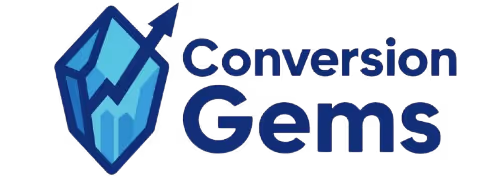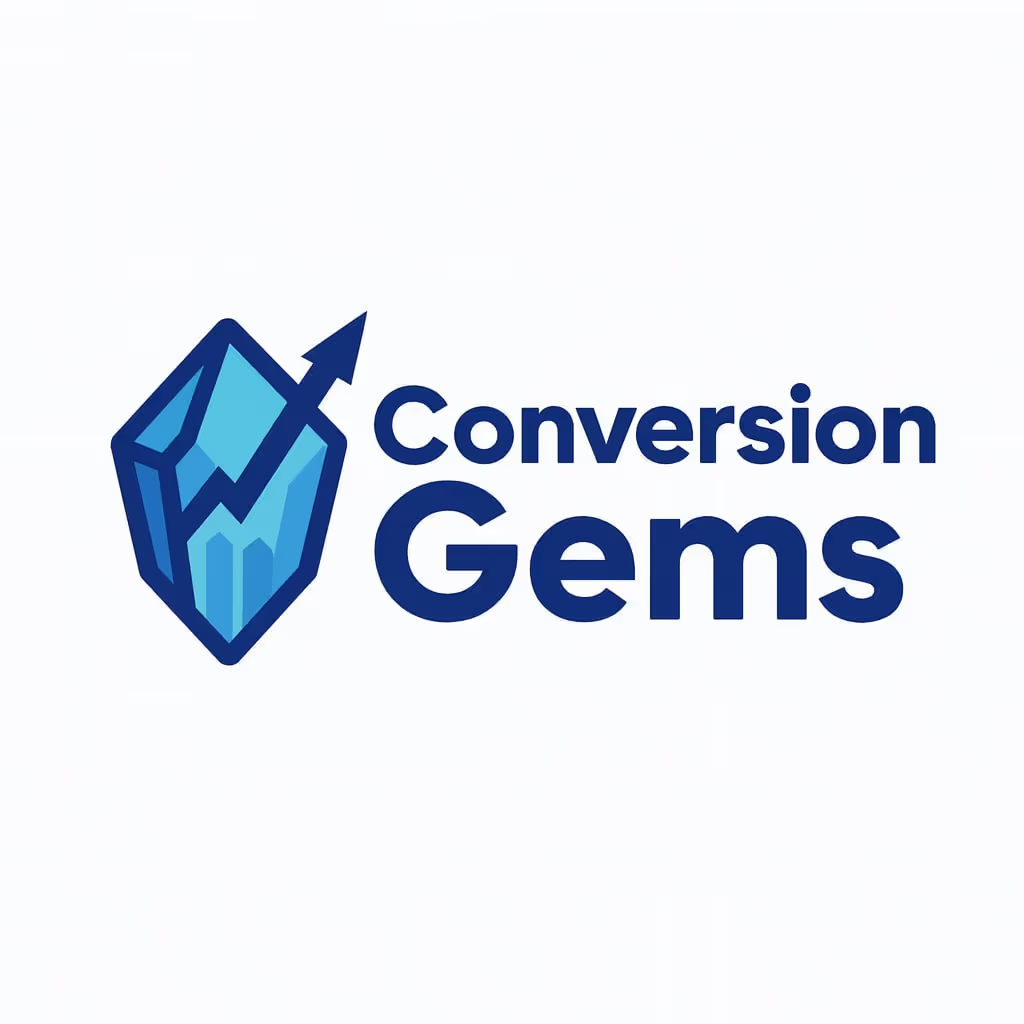Canva
Description
Key Applications
- Drag-and-Drop Visual Content Creation: Enables users with no design skills to quickly create social media graphics, presentations, posters, flyers, and marketing materials using a simple, intuitive editor.
- Template-Based Design System: Offers a vast library of thousands of professionally designed templates for virtually any use case, ensuring a high-quality starting point for non-designers.
- Brand Kit & Team Collaboration: Allows businesses to centralize brand assets (logos, colors, fonts) and enables teams to collaborate on designs in real-time, ensuring brand consistency.
- Specific Workflow: A social media manager chooses an Instagram post template, customizes the text with brand fonts, drags in a product photo, and schedules the post directly to their social channels—all in a few minutes.
Who It’s For
Pros & Cons
How It Compares
- Versus Adobe Creative Cloud: Canva wins overwhelmingly on ease of use and speed for non-designers, whereas Adobe's tools (Photoshop, Illustrator) offer unparalleled, professional-grade creative control for experts.
- Versus Figma: It differentiates by being a template-driven platform for general marketing and communication content, while Figma is a collaborative, professional tool for designing complex digital products (UI/UX) from scratch.
- Versus VistaCreate: As a direct competitor, Canva's competitive advantage is its larger template library, more mature ecosystem (including AI features like Magic Write), and stronger brand recognition.
Bullet Point Features
- Drag-and-drop editor with thousands of templates
- Built-in photo, video, and audio stock library
- Brand Kit for centralized brand management
- AI-powered design and writing tools (Magic Studio)
- Direct publishing to social media platforms
Frequently Asked Questions
Find quick answers about this tool’s features, usage ,Compares, and support to get started with confidence.

Canva is an online graphic design platform that allows users to create presentations, social media posts, posters, logos, and other visual content easily using templates and drag-and-drop tools.

Students, educators, marketers, small business owners, and content creators can benefit. It’s ideal for anyone who wants professional-looking designs without advanced design software.

Canva offers pre-made templates, stock photos, icons, and fonts, enabling users to customize visuals quickly and easily, even without prior design experience.

Yes. Canva allows real-time collaboration, shared folders, and commenting, making it easy for teams to work together on projects from anywhere.

Canva is user-friendly, cloud-based, and template-rich, eliminating complex setups and making design accessible, fast, and scalable for both beginners and professionals.





.avif)




